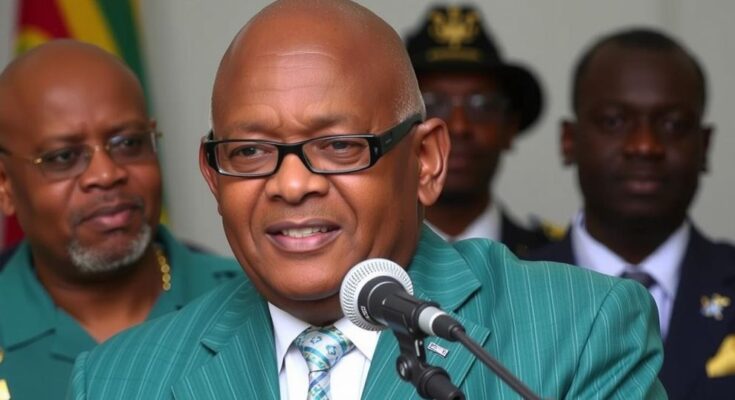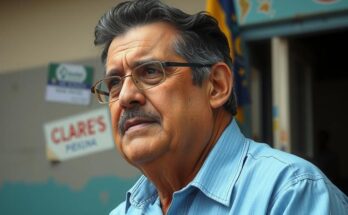Mozambique’s Constitutional Council has upheld the disputed election results confirming Frelimo’s Daniel Chapo as the winner with 65% of the vote. The ruling has faced backlash from opposition groups alleging electoral fraud, leading to substantial civil unrest resulting in casualties. The situation raises significant concerns regarding democratic processes in Mozambique as Frelimo extends its decades-long rule.
On December 23, 2024, Mozambique’s Constitutional Council upheld the results of the controversial presidential elections, affirming that the Frelimo party’s candidate, Daniel Chapo, received 65% of the vote. This ruling marks a continuation of Frelimo’s long-standing dominance over Mozambican politics since the party’s inception in 1975. The court’s decision came in light of widespread accusations of electoral fraud from opposition factions, who argue that the results do not represent the will of the people.
Frelimo, a political party in Mozambique, has maintained control over the government since the country’s independence from Portugal in 1975. The most recent elections held in October 2024 encountered significant allegations of electoral misconduct, resulting in nationwide protests. Civil society groups reported substantial violence associated with these protests, exemplifying the intense political atmosphere in Mozambique. Following the court’s ruling, the opposition is now foreseeing further unrest, insisting that the judicial endorsement of the election results signals an erosion of democratic integrity.
The confirmation of the Frelimo party’s electoral victory by the Constitutional Council has reignited tensions in Mozambique, with dissenting voices from opposition leaders threatening potential uprisings. The judiciary’s decision not only solidifies Frelimo’s hold on power but also raises critical concerns regarding the state of democracy and civil order in the nation. As Mozambique enters a pivotal period of its political history, the implications of unrest and opposition mobilization demand close attention from both national and international observers.
Original Source: www.dw.com




